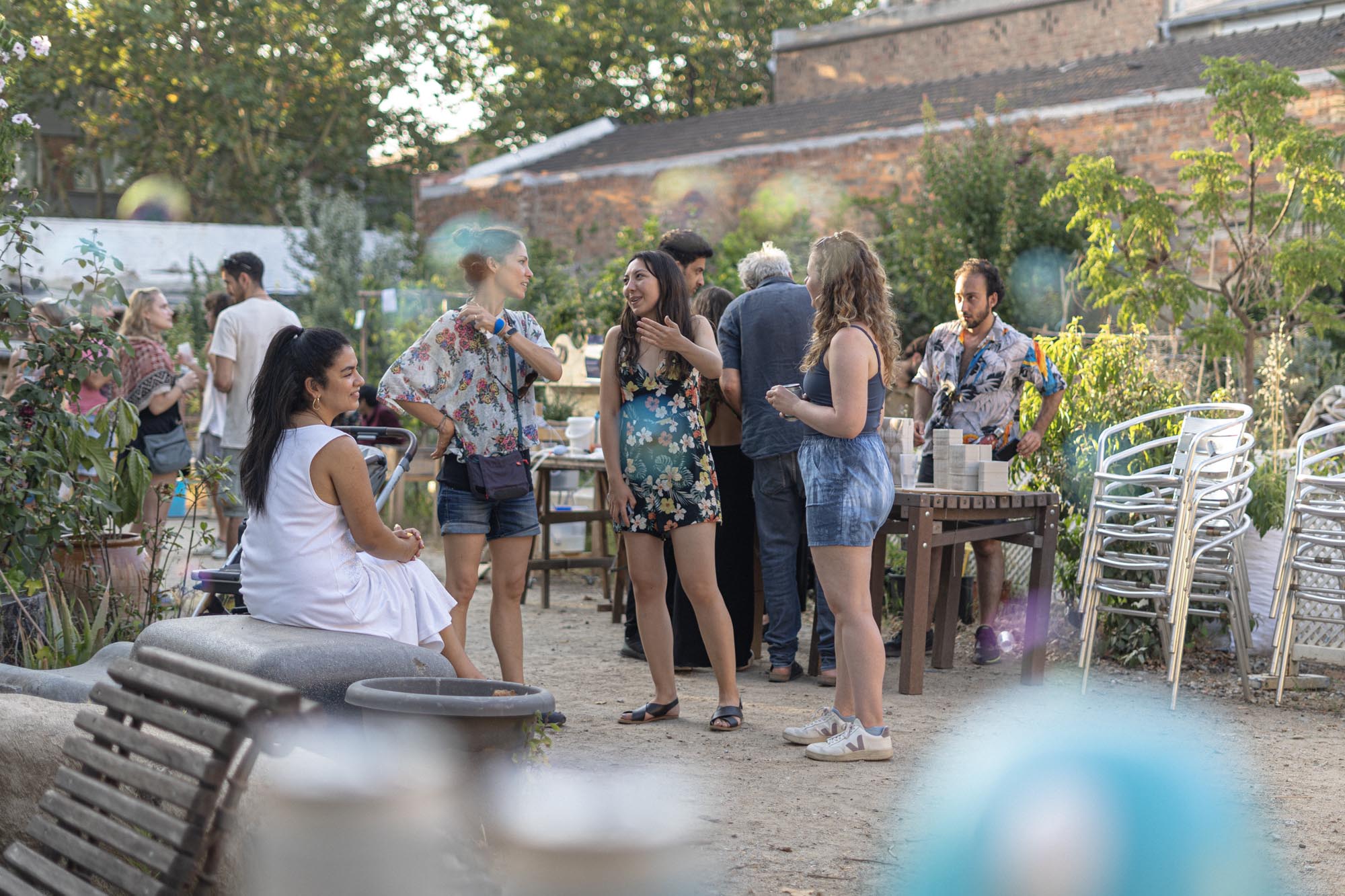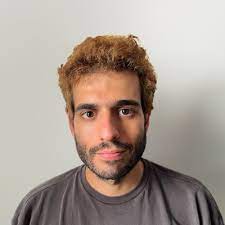Syllabus⇝
MDEF Research, Design and Development studios aim to take research areas of interest and initial project ideas into an advanced concretion point, and execution plan. The studio structure in three terms could be understood as follows:
TERM 1 Research: Understanding what it means to design for emergent futures. Analyzing the past and finding weak signals. References, state of the art. Identifying areas of interest. Experimenting from the first-person perspective.
TERM 2 Design: Forming the present through interventions in the real world. Building the foundations of your design space, forming strategic partnerships. Applying knowledge into practice through iterative prototyping. Testing ideas and prototypes in the real world.
TERM 3 Development: Refining interventions and identifying desirable futures. Establishing roadmaps for the construction of emergent narratives.. Communicating and disseminating your project through speculative design.
The third term Design Studio aims to refine the work developed by the students during the first two terms of the Master program. After finding and engaging with their communities of practice in the second term through a number of initial interventions, students will be encouraged to grow and consolidate those relationships and take a step further. They will design and deploy one last intervention that can serve as closure for their journey in the Master program. At the same time it will act as a launching pad for establishing the alternative presents where they will continue shaping their envisioned emergent futures after the end of the programme.
Keywords: Design Interventions, Community of Practice, Prototyping, 1st Person Research through Design, Design Space, Documentation and Communication, Alternative Presents, Emergent Futures
Learning Objectives⇝
The specific goals are the following: - Grow and consolidate the relationships with your communities of practice - Bring forth design activities with your communities of practice to further explore the area(s) of interest identified in Term I and II - Deploy one last intervention that can serve as closure for your journey in the Master program - Reflect on the becoming, outputs and outcomes of design activities
Schedule⇝
Landing Kick off - Framing your first Design Intervention for Term III⇝
Goals: Critically look back at your project, reflect on the feedback from the Design Dialogues, and propose a first design intervention for the term.
Activity: Briefly present in class 3 of the main learning points from the 2nd trimester. Present your personal alternative present.
Deliverable: A presentation based on the research and design interventions from Terms I and II and a plan for Term III.
Task: Start preparing and carrying out your first design intervention.
Scalability - Designing yourself out - Decentralized strategies for sustaining continuity and scalability.⇝
Goals: Sustaining your activities and impact in a more decentralized manner, enabling for the extension of capacity and globalization of the efforts. Understanding your emerging profiles and roles.
Activity 1: Reflect on the structural, narrative, documentation and outreach dimensions of your interventions.
Activity 2: Q&A, extrapolating ideas, identifying milestones, turning points, roles and strategies undertaken towards your alternative present.
Deliverable: Visualize the socio-technical system of your project (updated Design Space). Show possible paths of growth with new or existing actors.
Task: Create a scalability roadmap using the strategies presented in class.
Personal narratives, collective storytelling. Forms of 1PP Documentation and Communication.⇝
Goals: Learn new ways of documenting and communicating. Integrate documentation and communication as part of your daily activities.
Activity: Reflect on how you are documenting and communicating your process within the courses and the project.
Deliverable: Propose a structured narrative for your project. Write a post with a reflection on the communication strategy that you are devising for the next stages of your project.
Task: Choose one1 or more roles and formats of communication and put them into practice.
MDEFest⇝
Goals: MDEFest aims to celebrate the end of the Masters’ journey by offering a series of sessions hosted by the students on the topics and projects they worked on all year long.
Activity: Sessions can be digital or physical (with remote streaming), done individually or in groups (preferably) and can be in the format of a workshop, a debate, a visit, a meetup or any kind of format the students find suitable for this experience.
Deliverable: To hold the sessions planned for the Fest.
Elisava-Beyond Grad Show⇝
Activity: Exhibition showcasing prototypes, results and outcomes from Elisava’s Final Master Projects. Students will set up the exhibition prior to the opening and will dismantle it afterwords. The set up and dismantling dates date will be confirmed.
IAAC Master Exhibition Opening and Awards Ceremony⇝
Activity: Exhibition showcasing prototypes, results and outcomes from IAAC’s Final Master Projects. The opening will also hold the Award Ceremony for IAAC 2024-25 projects. The set up date will be confirmed.
Graduation Ceremony⇝
Deliverables⇝
End of academic year deliverables - Due date: 15th of June.
- 10 high resolution images of the results of your project
- 1 high resolution poster or graphic document with more than 1 page of your Design Space evolution, including your first Design Space and the last Design Space
- A 90" video
- Complete the Spreadsheet with your project’s information
- Selected physical exhibition material for IAAC and Elisava exhibitions TBC with Chiara
End of academic year deliverables - Due date: 27th of June.
- Written document - Pictorial for the final publication
Evaluation Strategies⇝
These are the points we are going to look at for Term 3
- Involvement of the community through the design interventions
- Framing opportunities considering resilience, material flows, situated knowledges and existing infrastructures in your design process
- From alternative presents to emergent futures: Develop a sustainability plan for your projects and a structured narrative strategy
Grading Method⇝
| Percentage | Description |
|---|---|
| 50% | Faculty (including Pictorial) |
| 50% | Self-Evaluation |
European Credit Transfer and Accumulation System (ECTS)
15 ECTS
Faculty⇝
Roger Guilemany is a founding member of the design cooperative aqui, where he contributes, through action research, to processes of ecosocial transition and the praxis of participatory design. As an independent researcher, he is interested in relationships and collaborative processes of situated production. With his design practice, he also collaborates with commoning projects and other self-governance structures.

